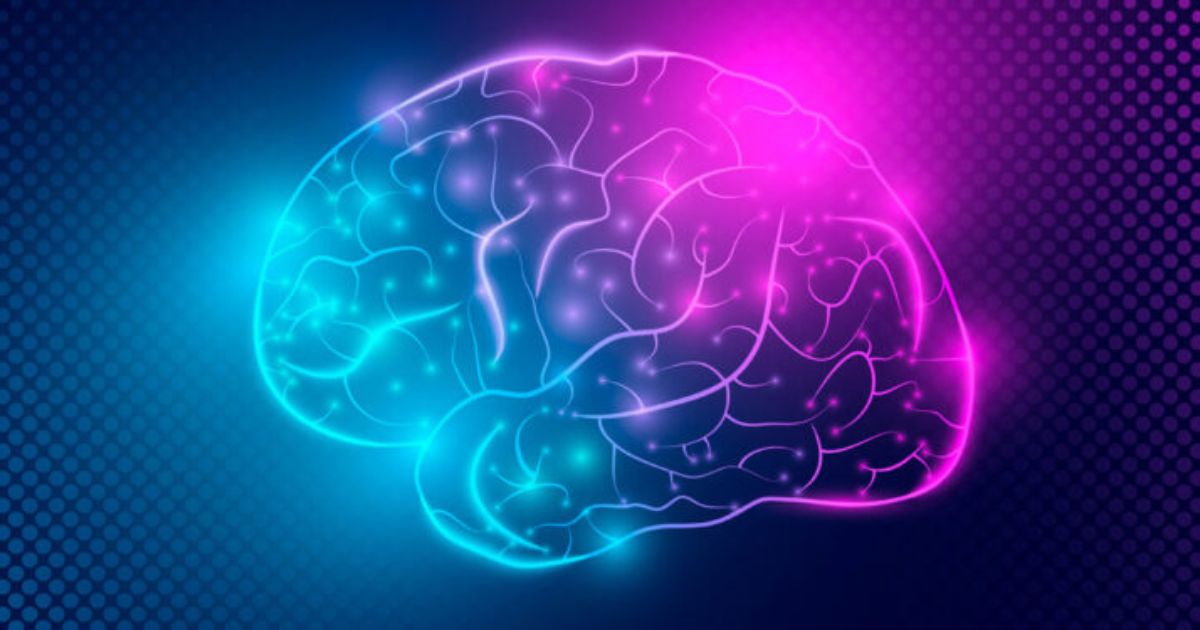The COVID-19 pandemic has cast a spotlight on the pervasive issue of mental ill-health, particularly depression. In response to these growing concerns, a novel therapeutic approach, transcranial magnetic stimulation (TMS), has emerged as a potential solution to address the unmet needs of individuals battling mental health challenges.
Notably, research is expanding its horizons to investigate the application of TMS in various conditions, such as obsessive-compulsive disorder (OCD), autism, attention deficit hyperactivity disorder (ADHD), chronic pain, and even the potential to slow the progression of dementia symptoms.
The Mechanism of Transcranial Magnetic Stimulation
At the heart of this revolutionary treatment lies transcranial magnetic stimulation, a non-invasive procedure that involves the application of a series of magnetic pulses via a coil placed on the scalp.
As patients sit in a chair, fully awake and relaxed, these magnetic fields stimulate nerve cells within the brain. This process gradually alters the activity of brain circuits that have been disrupted in conditions like depression.
The ultimate goal is to restore normal interaction between various brain regions, thereby promoting mental well-being.
The COVID-19 pandemic has thrust mental health into the spotlight like never before. The profound emotional toll of the pandemic, coupled with social isolation, has heightened awareness of the urgent need for effective mental health interventions.
Among these interventions, transcranial magnetic stimulation stands out as a promising avenue, particularly for individuals grappling with depression.
While initially gaining recognition as a potential remedy for depression, transcranial magnetic stimulation is not limited to addressing this single condition.
Ongoing research is illuminating the vast potential of TMS in various other realms of mental health. Here, we delve into the diverse range of conditions being explored for TMS application:
1. Obsessive-Compulsive Disorder (OCD):
Researchers are investigating how TMS may offer relief to individuals plagued by the relentless symptoms of OCD. By modulating brain circuitry, TMS holds promise in alleviating the distressing obsessions and compulsions that define this disorder.
2. Autism:
The realm of autism spectrum disorders presents another area of exploration. TMS research aims to better understand how this technique can potentially support individuals with autism, offering hope for improved cognitive and emotional well-being.
3. Attention Deficit Hyperactivity Disorder (ADHD):
For individuals navigating the challenges of ADHD, TMS offers a glimmer of hope. Preliminary studies are shedding light on its potential to enhance attention, focus, and impulse control.
4. Chronic Pain Management:
Chronic pain, both physical and emotional, can be debilitating. TMS research explores how this treatment might help individuals find relief by modulating pain perception and processing.
5. Dementia Progression:
Perhaps one of the most promising avenues, TMS is being investigated for its potential to slow the progression of dementia symptoms. While the research is in its early stages, the implications are profound, offering a ray of hope for those affected by cognitive decline.
As the application of TMS expands across diverse conditions, it is essential to understand who is currently benefiting from this therapy.
While initially utilized as a treatment for depression, TMS is gradually gaining traction as a therapeutic option for a wider range of individuals seeking relief from various mental health challenges
In an era marked by increased attention to mental health issues, transcranial magnetic stimulation emerges as a beacon of hope.
This innovative approach has the potential to transform the landscape of mental health treatment, offering new avenues of support for individuals grappling with depression, OCD, autism, ADHD, chronic pain, and dementia.
While research continues to unlock the full extent of its capabilities, the promising outcomes and expanding horizons of TMS bring a renewed sense of optimism to the realm of mental health care.




























